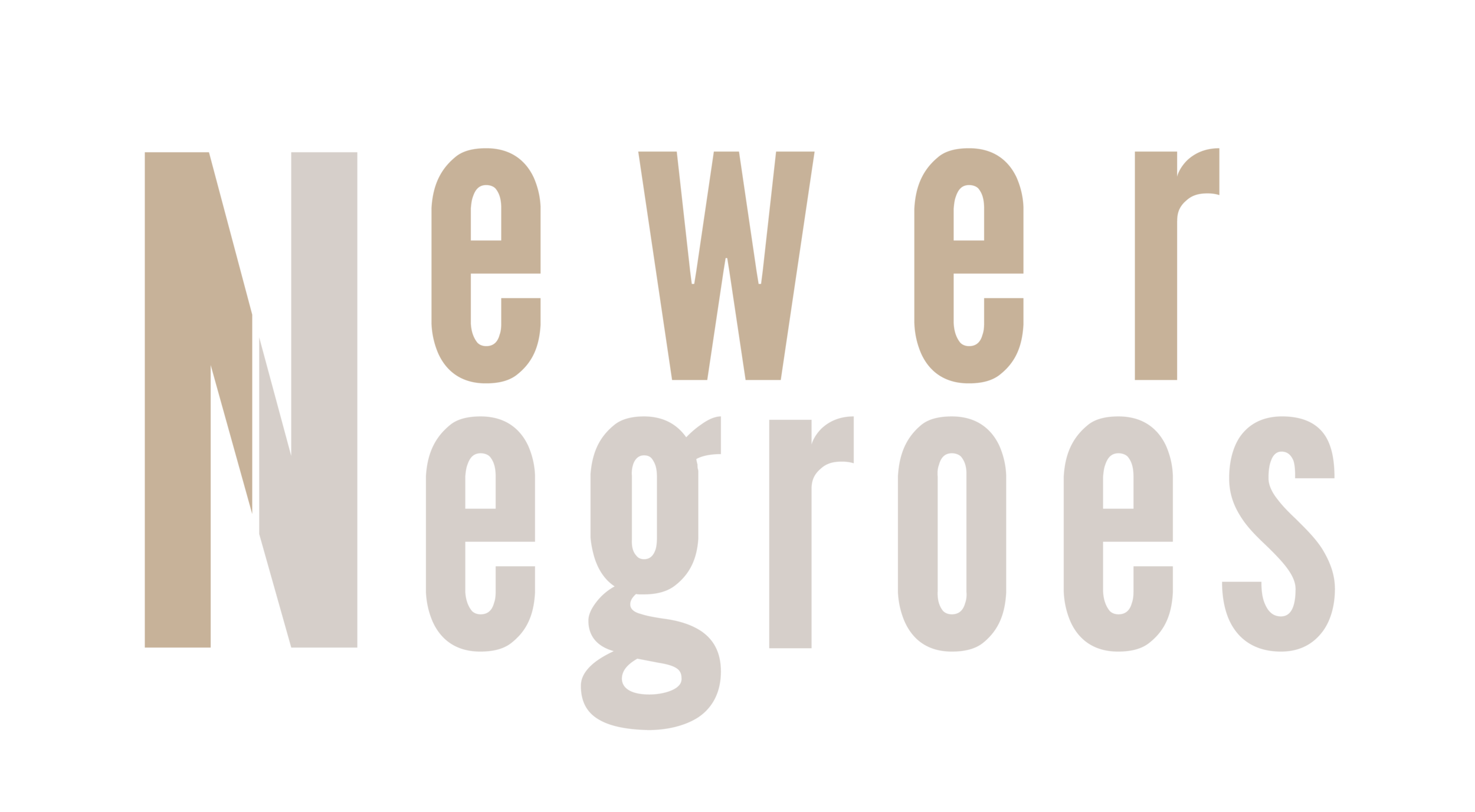A Cultural Leper: I’m Black and Atheist

There is no such thing as God; I recall empathetically stating to my mother one evening before I found myself swiftly ducking a backhand. It was 2008, I was home from school on break and it was the first moment I had publicly shared with her that I was an Atheist. As I had anticipated, my revelation was not accepted with pause for critical thought, or even an inquiry as to how or why I happened upon this belief; yet, here I was, standing there staring into the eyes of the woman who birthed me, listening to her sternly inform me that she better not ever hear me say that again. The fact of the matter was it was too late. I had taken a long journey of self-discovery that included several religions, many internal conversations, and a lot of sinful gay sex, and I was comfortably steadfast in my decision- there was and there is no God.
And even in my conviction, I’m often challenged or dismissed by folks. I’m reminded of the former porn star I dated, who laughed at my revelation of not believing in God, and the condemning words that followed as he failed to process the irony of the situation. Being the demonic Atheist that I am, I had just bought him groceries and provided him with a laptop to complete job applications, as he attempted daily to reconstruct his identity beyond the days of recording sexually tantalizing scenes for public consumption. But, it was in fact to him, not his past transgressions, but my Atheism that was cause for ridicule; it was I who lacked the moral ethics to be considered human, whole, in control of their life and worthy of love. It is these interactions, especially with Black gay men, that cause me to question not the minds of those who believe in God, but the authenticity of their hearts and the candor absent of their conviction in believing that they are their brother’s keeper.
If there is a God, how can we rationally rectify the abuse, neglect, and violence such as the recent hate fueled attack on a gay couple in Atlanta done in reverence to God? And while I do not believe my sexuality and my Atheism are associated, I’d be remiss if I did not highlight the social expectation to live in silence and shame, and the ridicule I have experienced because I am Black, same-gender-loving, and an Atheist. I cannot not accept the narrative that someone or something so loving and concerned for the well-being of human life, would allow for the continued unabated existence of those individuals who seek to destroy everything that is beautiful about the world we live in. How can an all knowing loving God simultaneously accept their own creation and be critical of their existence or way of life for not being God-like?
I know that if I desire to live my life in a way that permits me to holistically accept people as who they desire themselves to be, and who I know I want to become, then accepting the idea of God will not be conducive to my life. However, those who see themselves as “the lambs of God” have not provided me with the same consideration.
I personally do not seek to compare myself to those who may share a different path than I. I have long come to understand that personal lived experiences do not collectively dictate our engagement in political and social responsibility. However, I should note that I personally feel more engaged, more critically stimulated, more socially aware, and more personally responsible for the impact I offer others because of my Atheistic beliefs. I am not an Atheist because I hate religion, feel morally superior, or because I believe that those who do believe in God are less critically inclined thinkers. Simply put, I am an Atheist because I do not believe in God. I do not personally accept that the morality of being human as rooted in one’s belief in God or desire to be more God like. My Atheism is who I am, and it is how I am able to see you as who you are: Human.
-NN-
Sean Smith is a community based advocate, and secondary victim of Intimate Partner Violence (IPV). Sean Smith cultivated a specific focus on the effects of IPV within minority and marginalized communities. Currently Sean is employed as a Victim/Witness Specialist in the Office of the Commonwealth’s Attorney in Richmond, VA. He also serves on the Board of Directors for the Virginia Anti-Violence Project- an organization whose mission is to prevent and respond to instances of hate-biased, state-sanctioned, and intimate partner and sexual violence committed against Virginia’s LGBTQ+ communities.
He is a graduate of Randolph-Macon College, where he earned a Bachelor of Arts in Women’s and Gender Studies and minors in Black Studies and Sociology. He is currently pursuing a Master of Public Administration with a concentration in Public and Non-Profit Management at The University of Baltimore.
As a community based advocate, secondary victim of Intimate Partner Violence (IPV), and undergraduate student, Sean Smith cultivated a specific focus on the effects of IPV within minority and marginalized communities. Currently Sean is employed as a Victim/Witness Specialist in the Office of the Commonwealth’s Attorney in Richmond, VA. He also serves on the Board of Directors for the Virginia Anti-Violence Project- an organization whose mission is to prevent and respond to instances of hate-biased, state-sanctioned, and intimate partner and sexual violence committed against Virginia’s LGBTQ+ communities.
Sean Smith is a graduate of Randolph-Macon College, where he earned a Bachelor of Arts in Women’s and Gender Studies and minors in Black Studies and Sociology. He is currently pursuing a Master of Public Administration with a concentration in Public and Non-Profit Management at The University of Baltimore.





